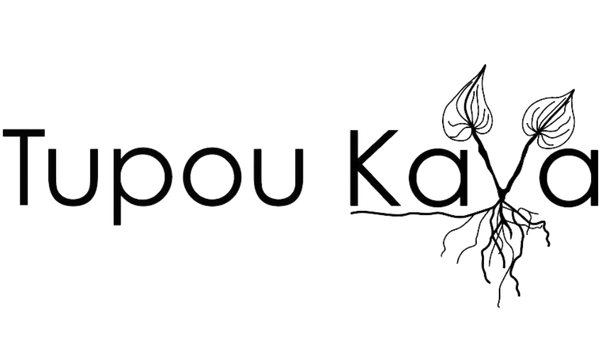Understanding Tongan Kava - History & Background
Kava is a traditional beverage made from the root of the Piper methysticum plant. Its use in Tongan culture dates back over 3,000 years, playing a central role in social, political, and ceremonial life. The history of Tongan kava is deeply intertwined with the broader cultural and spiritual practices of Tonga and the Pacific Islands.
Tongan Kava's Origins and Cultural Significance
The origins of kava in Tonga are closely linked to the Lapita people, the early settlers of the Pacific Islands who brought with them the knowledge and cultivation of the kava plant. The use of kava spread throughout the Pacific, becoming a staple in various island cultures. In Tonga, kava became more than just a drink; it evolved into a symbol of unity, respect, and community.
Ceremonial Uses of Tongan Kava
In Tongan society, kava is integral to numerous ceremonies and formal occasions. One of the most notable ceremonies is the "kava circle," or "faikava," a traditional gathering where kava is prepared and shared among participants. The kava circle serves as a space for dialogue, storytelling, and the reinforcement of social bonds. It is often conducted during significant events such as weddings, funerals, and the installation of chiefs.
The preparation and consumption of Tongan kava in these ceremonies are highly ritualized. The process begins with the grinding or chewing of the kava root, which is then mixed with water in a large bowl known as a "kumete." The mixture is strained through a cloth to produce the final beverage. The kava is served in coconut shell cups, starting with the highest-ranking individuals present.
Kava Social and Recreational Use in Tonga
Beyond its ceremonial importance, Tongan kava also plays a significant role in the everyday social life of Tongans. It is commonly consumed in informal settings as a way to relax, socialise, and foster camaraderie. The faikava gatherings, which can be attended by both men and women, provide a space for communal interaction, music, and storytelling.
Kava's effects, which include relaxation and a mild sense of euphoria, contribute to its popularity as a social drink. Unlike alcohol, kava consumption does not lead to aggression or a loss of control, making it a preferred beverage for maintaining social harmony.
Tongan Kava's Contemporary Relevance
In modern times, kava continues to hold a vital place in Tongan culture. Despite the influence of Westernization and global changes, Tongan kava rituals and traditions have been preserved and adapted. Kava remains a symbol of cultural identity and heritage for Tongans, both in the islands and among the Tongan diaspora worldwide.
The cultivation and export of Tongan kava have also gained economic significance, providing a source of income for many Tongan farmers. The global interest in kava has led to increased awareness and appreciation of its cultural and medicinal properties.

